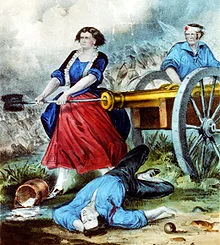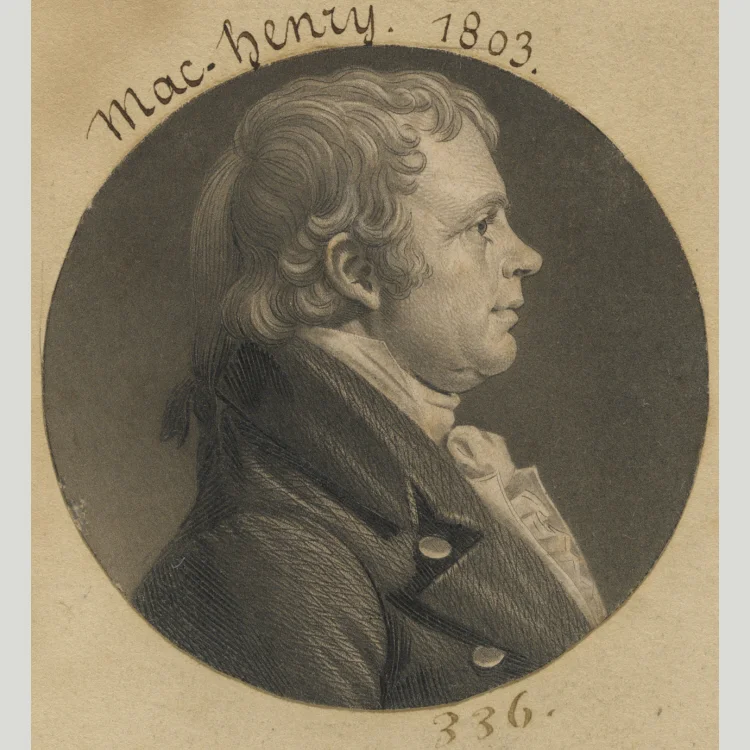James Otis Ignites a Revolution
James Otis was one of the earliest Bostonians to criticize the British government. He was a major reason people at all levels of society joined together in a common cause.
Unfortunately, Otis' story has a sad ending. His participation in the American Revolution was cut short due to a losing battle with mental illness.
James Otis
James Otis was a Harvard graduate who in the 1750’s quickly rose to become one of the most sought-after lawyers in Boston. His ability as an orator, merged with an understanding of the law, gave him an edge every time he stepped in the courtroom.
By the age of 35, Otis was appointed as Advocate General of the Admiralty Court of Massachusetts. In this position, he acted as an attorney general for all shipping and maritime cases.
This didn’t last long, however, as his father was passed over for Chief Justice of the Superior Court despite being promised the office. The younger Otis resigned his office in protest.
Uniting the People
The person chosen as Chief Justice, Thomas Hutchinson, was also Lieutenant Governor. In 1761 Hutchinson began issuing writs of assistance, which enabled the government to enter private property without a warrant. The purpose of the writs of assistance was to allow the search of ships, warehouses and homes for, “any goods wares or merchandizes for which the customs or other duties shall not have been duly and truly satisfied.”
James Otis would have none of this. He argued, in person and in pamphlet, that these writs were illegal under the British constitution.
Otis would go on to represent the merchants of Boston in a case against the government and the writs of assistance. Although the court’s decision went against Otis, this was a momentous occasion for the forming of the American Revolution.
Otis had always been a leader of the Populist Party (AKA the country folk) who were usually at odds with the merchants. In defending these merchants, Otis became a bridge between Massachusetts’ two main factions. This unification of most of the citizens against the government happened as news of the first taxes began to arrive from London.
Stamp Act Congress
As unfair taxation became an issue in the 1760’s, James Otis was sent as a delegate from Massachusetts to the Stamp Act Congress.
Otis was narrowly defeated as president of that body, the members deciding to approve the less radical Timothy Ruggles, also from Massachusetts.
Although the meeting was held in secret, and no official notes were taken, we do know that Otis was one of the most outspoken delegates in attendance. He pressed the need for immediate action and was one of the signers of the Declaration of Rights and Grievances which listed to Parliament the reasons the colonists were unhappy.
Around this time, James Otis was given credit for creating the phrase ‘no taxation without representation,’ but there is no significant evidence for this.
Losing His Mind
At this point, the legend of James Otis takes a sad turn.
Otis had always been an eccentric. It was just one of those qualities that his contemporaries overlooked. Unfortunately, as time passed his friends and family noticed he was losing track of reality. James’ brilliant mind was beginning to slip away from him.
In September of 1769, Otis (who was at this point quite irrational), printed an ‘advertisement’ in the local paper accusing four tax commissioners of multiple crimes and advising people to ignore them. He soon after entered a tavern that one of these men, John Robinson, was drinking in.
Robinson, not happy about being slandered in the paper, attacked Otis. A group of his friends jumped in and they beat Otis severely.
James received a wound on his head and forever afterward was overwhelmingly hampered by mental illness. He would live with friends and family outside of Boston for the rest of his life, not participating in the Revolution he played such an important role in igniting.
Conclusion
James Otis was one of the first people to claim Britain’s oppressive laws were unjust and could lead to worse things. When things did become worse, he continued to stand up for his country.
Otis’ actions brought the people of Massachusetts together under one cause, and then brought the colonies together for the first time. Had his mind not slipped into madness, Otis likely would have played a much larger part in the creation of the United States.
Much of this article is based on 'The Pre-Revolutionist' which can be purchased below or read for free here.
Don't forget to pick up 'Plain, Honest Men' which is our Book of the Month. You can read my full review here.
All purchases below are made through our affiliate Amazon at no additional cost to you.







